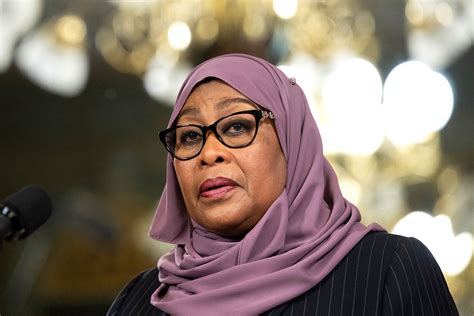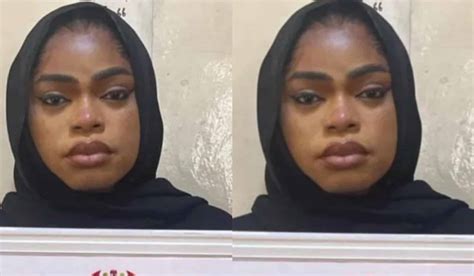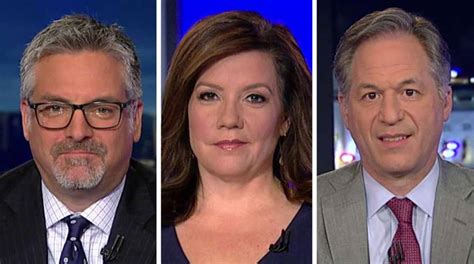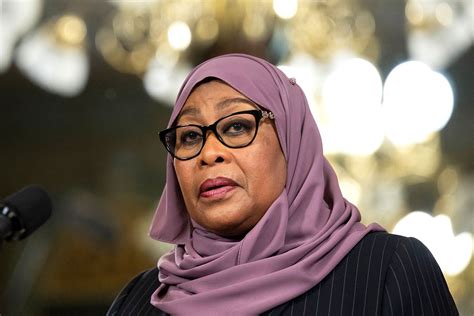The sun beat down on the bustling streets of Imo State, where a storm was brewing in the legal corridors. The National Judicial Council (NJC) found itself at odds with Governor Hope Uzodinma over his unilateral appointment of Theophilus Nzeukwu as the state’s acting Chief Judge. It was a move that sent shockwaves through the judicial system and raised questions about adherence to legal protocols.
Unilateral Appointment Sparks Controversy
In a press statement dripping with disapproval, the NJC made it clear that Governor Uzodinma’s decision to handpick Mr. Nzeukwu for such a critical role had not received their blessing. Despite receiving a letter from the governor seeking approval for the appointment, the council emphasized that they were yet to deliberate on the matter officially. This left many wondering about the implications of this bold move by the governor.
A Question of Seniority and Protocol
Mr. Nzeukwu’s ascent to the position came as a surprise to many, considering he ranked fourth in seniority among Imo State’s High Court judges. This decision raised eyebrows since three more senior judges were overlooked in favor of Mr. Nzeukwu. The reasons cited by Governor Uzodinma for bypassing these seasoned judges remained shrouded in mystery, further fueling speculation and skepticism.
As murmurs spread like wildfire across legal circles, one couldn’t help but wonder whether this move was rooted in genuine merit or hidden agendas.
Judicial Oversight Under Scrutiny
The NJC’s swift disavowal of Mr. Nzeukwu’s appointment underscored their commitment to upholding due process and judicial integrity. By refusing to endorse an appointment made without their consent, they sent a strong message about the importance of respecting established procedures in such crucial matters.
Legal Lacuna or Executive Overreach?
The crux of this unfolding drama lay in whether Governor Uzodinma’s actions fell within legal boundaries or constituted a breach of established norms. Article 271 of Nigeria’s constitution clearly stipulates that appointments to key judicial positions must align with NJC recommendations—a provision aimed at safeguarding judicial independence and transparency.
While there may be room for governors to make temporary appointments under certain conditions, flaunting established protocols could set a dangerous precedent and undermine public trust in the judiciary’s autonomy.
Historical Parallels and Precedents
Looking back at past instances where similar controversies unfolded sheds light on how vital institutional oversight is in preserving judicial integrity.
In 2014, Peter Agumagu faced suspension after being appointed Chief Judge by then-Rivers State Governor Rotimi Amaechi—a move contested by the NJC.
Similarly, Obisike Orji’s tenure as acting Chief Judge of Abia State was cut short when he accepted an appointment without NJC backing—underscoring the repercussions of sidestepping established protocols.
Drawing inspiration from these cautionary tales is critical in steering clear of potential pitfalls that could compromise judicial credibility and impartiality.
Amidst this legal labyrinth lurked concerns about governance ethics, institutional checks and balances, and above all—respect for democratic principles that underpin Nigeria’s legal framework.
—
As dusk settled over Imo State, casting long shadows over its courthouses and government buildings, one thing remained clear—the path ahead promised twists and turns as stakeholders grappled with upholding constitutional mandates while navigating political currents.
Would justice prevail against all odds? Only time would tell as Imo braced itself for what lay ahead—an uncertain juncture where legality clashed with authority amidst whispers of dissent echoing through its hallowed halls.









Leave feedback about this